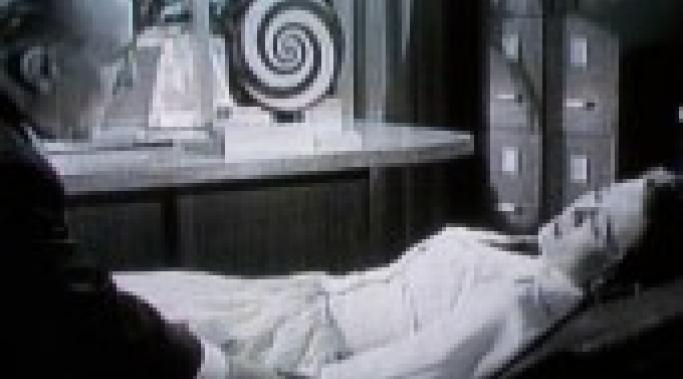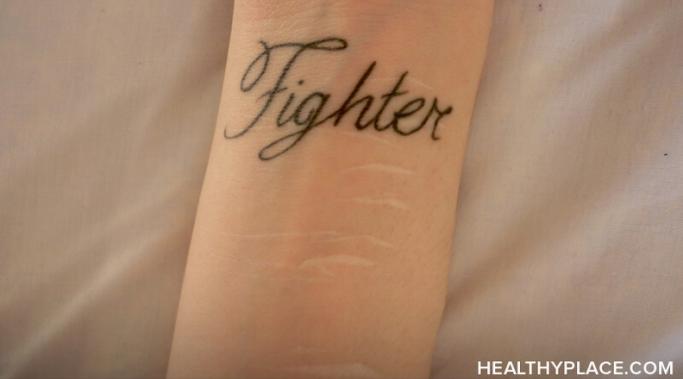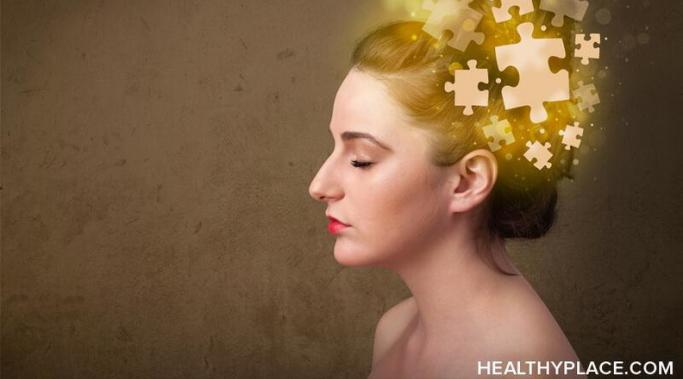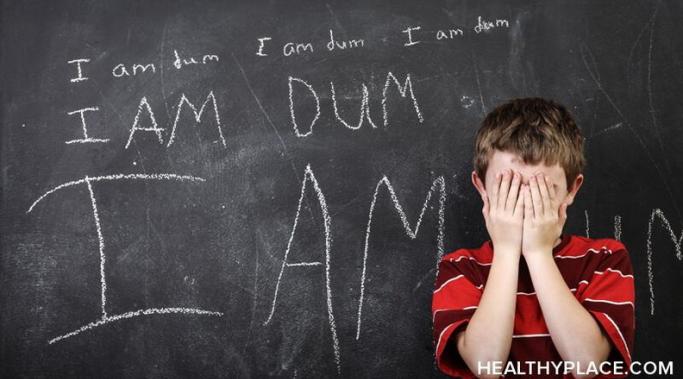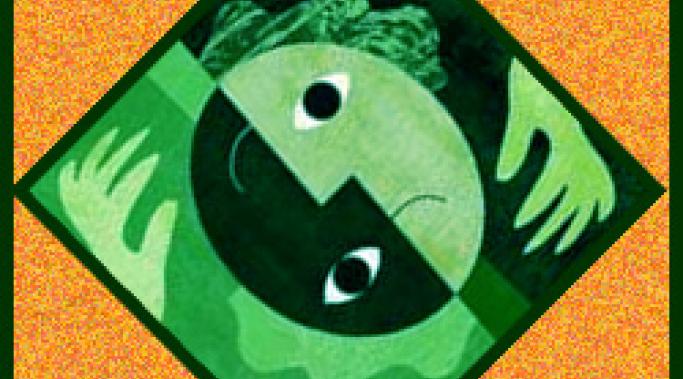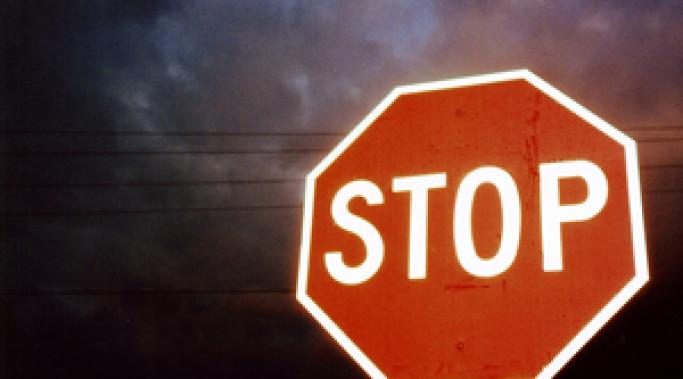Blogs
Amanda_HP
I was reading one of the self-injury conference transcripts on HealthyPlace about getting help for self-harm. In it, Dr. Sharon Farber, therapist and author of When The Body Is The Target: Self-Harm, Pain and Traumatic Attachments, discusses her belief that self-injury is an addictive behavior. And it got me thinking, like many addicts, do self-injurers carry on their self-injurious behaviors throughout their lives, do they face relapses over time, and is it something they manage, much like any other addict who fights the urge to return to the bottle or some other addictive substance?
It’s hard to trust my psychiatric nurse. How do you trust someone completely who could turn around and put you in a mental hospital? I used to tell her what was going on with me in small doses. She was on a need to know basis. And, then one day, I began to tell her everything. She constantly tells me that I have a lack of coping skills, but I disagree. It’s not the coping skills that are holding me back. It’s my bipolar disorder.
Amanda_HP
I began self-injuring at age 13, after I felt like I wasn't understood by anyone and fell into a deep depression (What Is Self-Harm, Self-Injury?). Fights with my parents, having a hard time with school, and general anxiety prompted me to self-injure for the first time, because I felt like it calmed my nerves and alleviated my anger almost instantly. From there, I began using self-injury to respond to almost every emotional situation - be it sad, angry, disappointed, depressed, or general thoughts of self-loathing and body image. I felt like it numbed all of my emotional reactions and I began to depend on it.
I caught the bus on time, but did I catch the right bus? Learning to laugh at our ADHD mistakes helps us keep our self-esteem intact.
I've often been asked how I can be so high-functioning as a bipolar. I would say that my number one most useful bipolar management tool is empowerment. I'm talking about self-empowerment in which you believe in yourself. Empowerment, a bipolar management tool, causes you to think positively about bipolar disorder. It doesn't negate all the bad, but it makes you see the good. It's important to see the good. Life can't go on without it.
Treat your anxiety by drinking more water and less caffeine. Caffeine provokes anxiety and can trigger panic attacks. The research shows a clear correlation between caffeine and anxiety (Nutrition Therapy for Anxiety Disorders).
One aspect common to many adults with ADHD is low self-esteem. When you live your life making stupid mistakes, falling short of—or forgetting entirely—your goals, or being yelled at by figures of authority, you'll likely be a mess when you reach adulthood. If you haven't learned to laugh off the gaffes, you might either adopt an insouciant attitude over time, or internalize the criticisms. I was of the internalizing variety (Signs of Self-Stigma: Do You Stigmatize Yourself?).
Imagine you are on a beautiful island, surrounded by palm trees, sand, and the soothing sounds of the ocean. How could anyone be anxious in a place like that? Yet, several years ago, when Mr. T and I went on vacation to the beautiful islands of Maui and Kauai, each day began with horrible panic attacks. I was sick the entire trip. Ever since then, I get really bad travel anxiety when traveling far from home.
Do you ever get so angry that you want to spit? I'm talking about the kind of anger that crawls up inside of you and squats, like it's never going to leave. The kind of anger that makes you slam doors and snarl tersely at your family when they ask you questions, has hit me today and I need to make it leave. I want it gone, but the internal struggle against my bipolar triggers is a battle to the finish. My chest is tightly constricted and I find myself wanting to be in a dark room.
If there is one aspect of Adult ADHD that is agreed upon by all experts, including the ones that don't believe ADHD exists, it is the lack of control over impulses. Inappropriate jokes, interjecting, spending, gambling, casual sex, news addiction, channel flipping, spilling beans…our individuality determines which particular way we embarrass ourselves.

